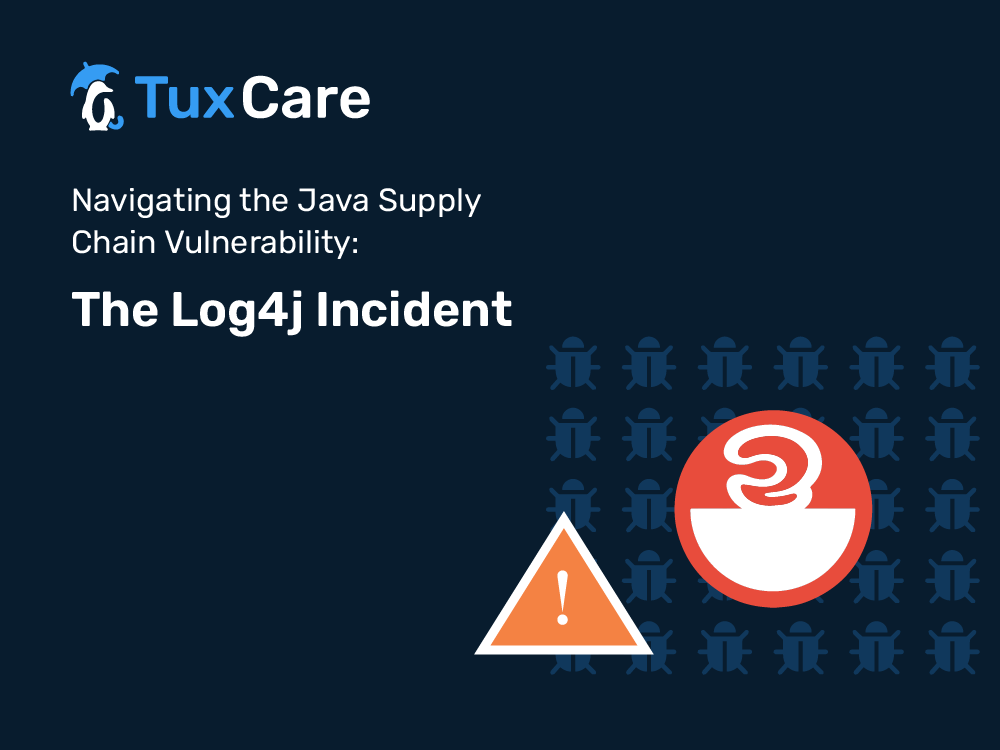Navigating the Java Supply Chain Vulnerability: The Log4j Incident
The modern software development ecosystem is intrinsically interwoven with libraries and dependencies. While this interconnectedness fosters efficiency and productivity, it can also introduce vulnerabilities, as vividly demonstrated in the case of Log4j, a widely used Java library. In this post, we’ll explore this high-profile Java supply chain vulnerability and how services like SecureChain for Java can help prevent such incidents.
Understanding the Log4j Vulnerability
Log4j, a component of the Apache Software Foundation, is an open-source logging library used extensively in enterprise-level applications. Some time ago, a major vulnerability (CVE-2021-44228) was discovered in versions 2.0-beta9 to 2.14.1 of Log4j. This vulnerability existed due to the way Java Naming and Directory Interface (JNDI) resolved variables in the Log4j library. Specifically, the JNDI features, like message lookup substitution, did not sufficiently protect against adversary-controlled LDAP and other JNDI related endpoints.
An adversary could exploit this vulnerability by sending a specially crafted request to a system using a vulnerable Log4j version, causing the system to execute arbitrary code. In essence, this vulnerability allowed the attacker to take full control over the system and carry out malicious activities like stealing information or launching ransomware.
The Impact of the Log4j Vulnerability
The Log4j vulnerability had a sweeping impact, as the library is embedded in thousands of enterprise-grade software products worldwide. This is the essence of a supply chain attack: a vulnerability in a single component can cascade to affect all systems that depend on that component. A flaw in a library as widely adopted as Log4j thus has the potential to compromise countless applications, regardless of how secure their specific code may be.
This vulnerability not only exposed the risks associated with dependencies in software development but also highlighted the challenge of updating and patching these vulnerabilities. Keeping up with the latest news on all dependencies used by modern applications is not only time consuming but also prone to errors or oversights, making it a challenging task for most developers and organizations.
The Role of SecureChain for Java
Given these challenges, having a trusted repository for Java libraries, constantly updated, tested, and vetted, can significantly reduce the burden on developers. SecureChain for Java is exactly that, providing a repository of thoroughly vetted and tested Java libraries.
In the wake of an incident like Log4j, the value of a service like SecureChain for Java becomes all the more evident. By providing access to the most secure, up-to-date versions of libraries, it aids in reducing the risks associated with dependencies and offers a proactive approach to software security. This can save developers countless hours and potentially prevent a catastrophe caused by a supply chain attack.
Final Thoughts
The Log4j incident serves as a stark reminder of the potential vulnerabilities in the software development supply chain. Given the interconnectedness of modern software ecosystems, ensuring the security of every component and library is essential.
Services like SecureChain for Java, by providing a secure, vetted repository of Java libraries, can offer a crucial line of defense against supply chain vulnerabilities, allowing developers to focus on building and improving applications. It’s not just about managing your code; it’s about managing your entire supply chain securely.
Learn more about SecureChain for Java here.



 Documentation
Documentation Login
Login



